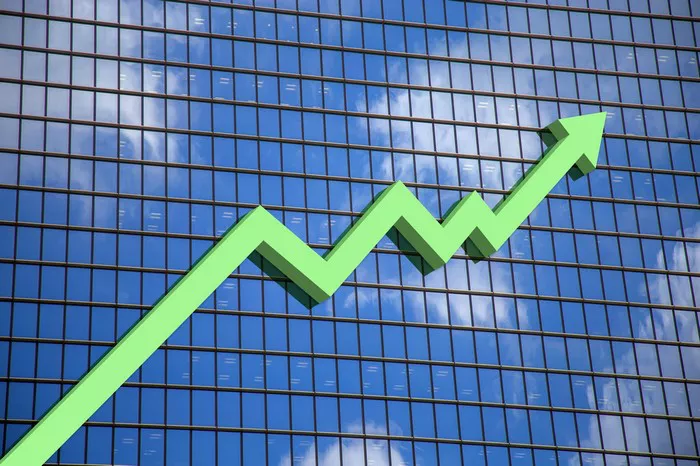Bank of America ( BAC ) and Citigroup ( C ) reported first-quarter profit and revenue gains driven by strong trading results, becoming the latest major banks to benefit from market volatility triggered by President Trump’s tariffs that began to be implemented in February and March.
Bank of America CEO Brian Moynihan acknowledged in a statement Tuesday that “we may face economic changes in the future” — meaning uncertainty ahead, as some of Trump’s more aggressive tariffs remain in question — but also told analysts that the bank’s research team does not see a recession in 2025.
U.S. consumers continue to “pump money into the economy,” while the bank’s business clients “remain profitable, liquid and perform strongly,” according to the bank.
Moynihan added: “We will continue to watch to see if the environment has indeed changed.”
Citigroup CEO Jane Fraser also gave a nod to Trump’s trade war in her earnings statement on Tuesday, noting that “when the dust settles and long-standing trade imbalances and other structural changes become a thing of the past, the United States will still be the world’s leading economy and the dollar will still be the reserve currency.”
Bank of America’s total sales and trading revenue, the second-largest U.S. bank, rose 9% year-over-year to $5.66 billion, its highest quarterly revenue in more than a decade. Bank of America’s equity trading revenue alone rose 17% to $2.2 billion, a single-quarter record.
Citigroup’s sales and trading revenue rose 12% from a year ago to $6 billion, including a record high in equity trading revenue.
JPMorgan Chase (JPM), Goldman Sachs (GS) and Morgan Stanley (MS) also reported higher trading volumes amid market volatility in the first quarter. Combined, Wall Street’s five largest banks earned nearly $37 billion in revenue in this area.
Meanwhile, some banks’ investment banking businesses retreated slightly as companies became more cautious about new deals due to uncertainty over Trump’s trade policies. Bank of America’s investment banking fees fell 3% from a year ago to $1.52 billion.
However, Citigroup reported that its investment banking fees rose 13.6% from a year ago to $1.1 billion. Its total profit and total revenue also rose from a year ago to $4 billion and $21.6 billion, beating analyst expectations.
Bank of America’s total profit was $7.4 billion, up 11% from the same period last year, beating analyst expectations.
Shares of both Bank of America and Citigroup rose in trading on Tuesday morning.
“Our research team currently believes that we are not going to have a recession, and our clients continue to show encouraging signs,” Bank of America Chief Financial Officer Alastair Borthwick told reporters.
“Our research team still predicts moderate economic growth,” he added. “They talked about some of the uncertainty they think could cause the economy to slow before it picks up, but that’s very similar to the blue chip consensus right now and similar to what Chairman Powell has said,” he said, referring to Federal Reserve Chairman Jerome Powell.
But there are signs that Bank of America expects credit conditions to deteriorate. The bank has set aside $1.48 billion in credit provisions to cover potential future losses, up more than 12% from a year ago.
Borthwick showed analysts a comparison of Bank of America’s current balance sheet with the fourth quarter of 2009, a period of turmoil following the housing crash and the financial crisis that severely tested Bank of America and the rest of the U.S. banking system.
Bank of America’s capital base and liquidity have increased significantly since the end of 2009, he told analysts, and stress test results show that expected credit losses would fall significantly in a severe recession.
Moynihan said changes made since then have made the bank “strong enough to survive periods of stress.”
Related topics:

































